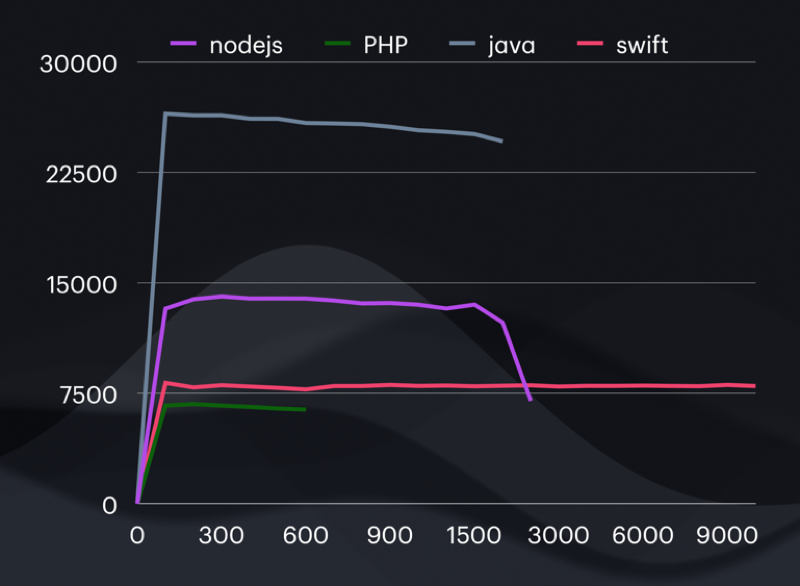NSCopyObject, the griefer that keeps on griefing
NSCopyObject is a very old Foundation function – pre-dating Mac OS X entirely; from the NeXT era – that was originally basically just memcpy, but now it’s complicated. A lot more complicated… Read more



